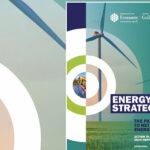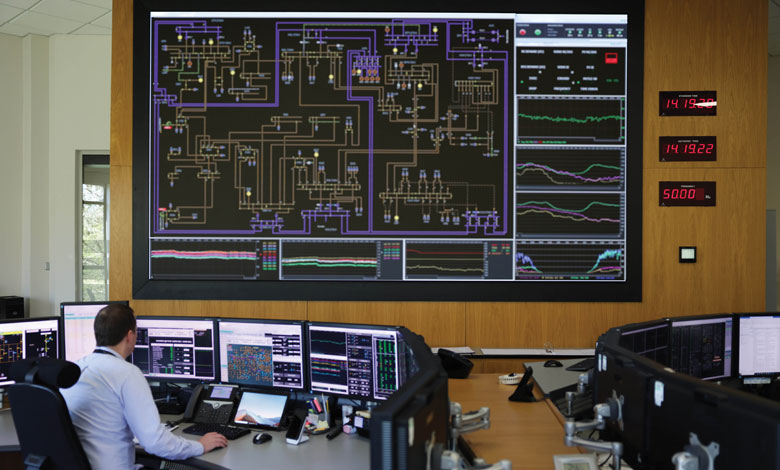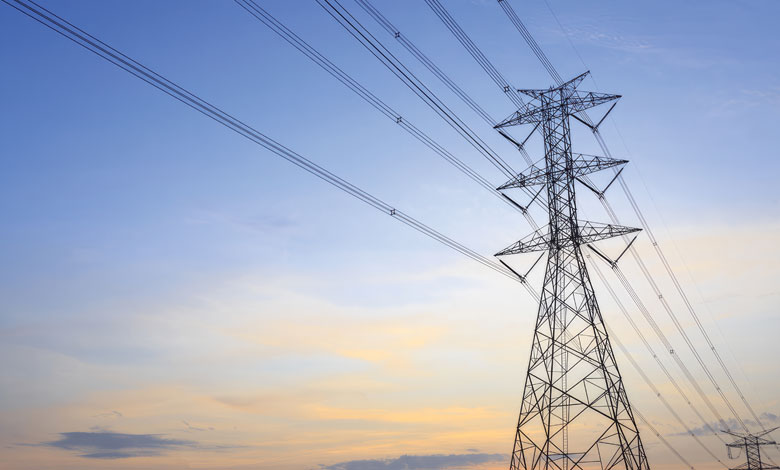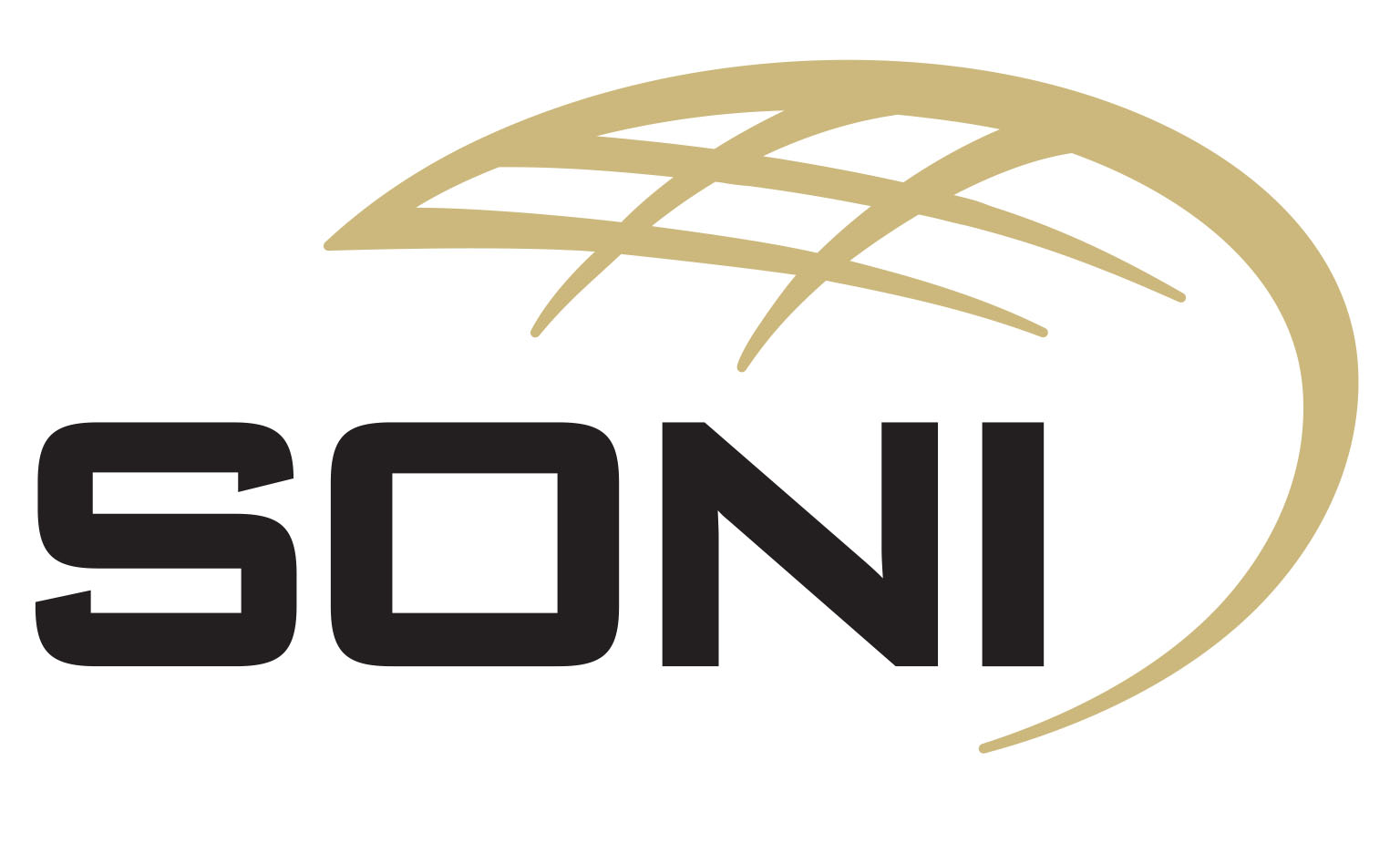
Limited progress on Energy Strategy target delivery
27th May 2025Renewable electricity generation in Northern Ireland 2024: Second successive decrease
27th May 2025Lessons from Iberia

From its control centre in Belfast, SONI operates the electricity transmission system for Northern Ireland.
An abrupt and widespread power outage, one of Europe’s worst in living memory, affected Spain and Portugal on 28 April 2025. It served as a stark reminder that while we have all been used to our power systems being resilient, no infrastructure is completely infallible, writes Conleth McAteer, Head of System Operations, SONI.
Lights went out across the Iberian Peninsula, mobile networks failed and essential services ground to a halt.
Although the outage lasted only a few hours in most places, the impact was widespread and everyday life was profoundly disrupted. And yet, the catastrophe could have been much worse.
Thanks to the joint work and cooperation of Transmission System Operators (TSOs), developed over years, restoration was achieved within 24 hours from a position of total zero in the electricity system of the Iberian Peninsula
Without support from cross-border connections, the re-energisation of the entire system could have extended to several days.
That is days without power in homes, hospitals, transport systems and critical communications infrastructure. These are not hypothetical concerns; they are real-world scenarios that impact millions.
The European Network of Transmission System Operators (ENTSO-E) has assembled an expert panel to investigate the causes of the Iberian blackout. The blackout is the result of a complex sequence of events for which ENTSO-E will provide a full in-depth report on in the coming weeks.
For those of us in system operation and energy policy, this event offers valuable insight – and an opportunity to reflect and learn from others. It serves as a reminder that, while our energy transition offers huge opportunity to boost our economy and decarbonise our environment, these changes need to be made carefully and in a balanced way.
Around the globe, electricity grids are under increased strain as the fundamentals of these systems evolve. In the age of social media, system failures attract more attention and scrutiny than ever before.
In the United States, regions like California and Texas have become synonymous with rolling blackouts driven by weather extremes and demand surges.
Like all complex systems, electricity grids are always subject to the risk of experiencing failures. This is a risk that TSOs have always had to manage.
Electricity grids everywhere are undergoing a once-in-a-century transformation. This is the era of the ‘system in transition’ – as conventional fossil-fuel generation gives way to cleaner, renewable sources like wind and solar, the way we manage power flows, ensure reliability and maintain stability is changing dramatically.
At SONI, we are acutely aware of both the challenges and opportunities this transition brings. Northern Ireland has a unique energy landscape. In comparison to other countries, we operate a small but agile island system, interconnected but distinct.
Our smaller size enables us to be responsive to changes, but it also means that everything we do has to be carefully planned and controlled. That is why resilience, foresight and coordination are central to how we run the power system here in Northern Ireland.
We also work in close partnership with our counterparts in EirGrid, the system operator in the Republic of Ireland.
Our collaboration ensures seamless oversight across the entire island, with shared infrastructure, real-time monitoring and coordinated contingency planning.
Our expert engineers work 24/7, using world-leading forecasting and monitoring tools to spot anomalies before they become issues. This often enables us to act faster – implementing mitigation measures within minutes, not hours.
“The events in Iberia remind us that in the energy world, certainty is a scarce commodity.”
While we await the full findings of the ENTSO-E expert panel report, the Iberian blackout underlines several points that SONI has already been prioritising in our planning and operations:
1. The need for more inertia: Traditional generators provide a stabilising force called ‘inertia’ – which actively opposes instability on the system during disturbances. As we transition to a system dominated by a renewables and other inverter based resources, we reduce the synchronous inertia inherent on the system. That’s why we’re investing in technologies and services that can replicate or replace these stabilising forces.
2. Energy storage: Storage is no longer a luxury; it is a necessity. Both short-duration energy storage which can respond quickly to support stability but Northern Ireland must also expand energy storage capability to include Long Duration Energy Storage (LDES) options to smooth variability and further bolster system stability. These technologies also help us manage frequency, especially during periods of high renewable generation.
3. Interconnection: Interconnection and support from neighbouring systems supported the restoration of the Iberian Peninsula. While over-reliance on external systems can be risky, SONI advocates for strong, resilient interconnectors, like the upcoming North South Interconnector, but we also plan for contingencies where these links are temporarily unavailable.
4. Adopting best practice: We have recently invested in world-class systems and processes to strengthen our real-time capabilities. From predictive analytics to rapid response protocols, we are embedding international best practice into our operations. Our teams train for worst-case scenarios, to be best prepared to minimise any impact on Northern Ireland in the event of a major fault.
Earlier this year, SONI and EirGrid launched our Operational Policy Roadmap 2025–2035, a forward-looking strategy designed to guide the system through the energy transition with security and reliability at its core.
The roadmap outlines how we will evolve system operations to support up to 95 per cent renewable electricity at any given time by 2030 – without compromising stability. These changes must be done in a careful, controlled and balanced way.
Among the key elements are:
- enhanced system services to support frequency, voltage and stability;
- improved forecasting and scheduling tools to better anticipate supply-demand imbalances;
- support for market reforms that incentivise flexible, responsive generation and demand-side solutions; and
- investments in grid infrastructure, including digital upgrades and real-time data platforms.
The events in Iberia remind us that in the energy world, certainty is a scarce commodity. But SONI’s job – our commitment – is to be the trusted advisor Northern Ireland can depend on.
We cannot prevent every fault. No system operator in the world can. But with thorough planning and collaboration we can ensure we are ready, coordinated, and proactive and that our systems are adaptable, our teams are prepared, and our policies are aligned with the evolving energy landscape.
Most importantly, we must continue to earn the trust of the people we serve – by demonstrating that we are not only keeping the lights on today, but also building the resilient, low-carbon grid Northern Ireland will need tomorrow.
By working together with our partners in industry and local communities, we can help to ensure we meet Northern Ireland’s energy needs, today and in the future.
For more information on SONI, the System Operator for Northern Ireland, visit www.soni.ltd.uk


